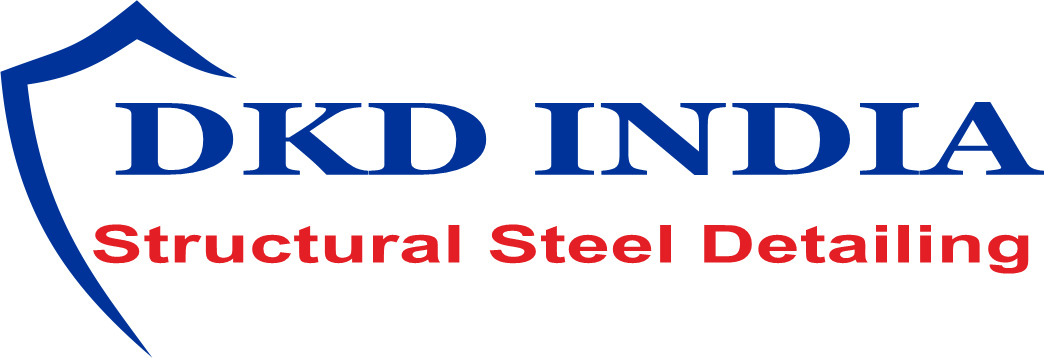The effectiveness of a company’s management is a crucial factor in determining how a business converts its resources into profit. This can be determined by studying the company’s financial statements, such as accounts receivable turnover, inventory turnover, and fixed rates of turnover of assets. It is not enough to have high efficiency ratios in order for the company to be profitable. Other indicators of profitability should be considered, like net income, cash flow, or gross margins.
Both efficiency and effectiveness are crucial aspects of managing, but they work best when they are used in conjunction. While efficiency is focused on achieving long-term goals efficient processes assist in achieving those goals in the most economical manner possible. Improvements in efficiency include such things as automating repetitive labor costs or increasing yields by using fertilizers.
In the process of improving efficiency, it’s important to remember that it is not only about saving resources and time, but also about improving the quality. For instance, if have two people working on the same project but they’re not communicating effectively that means there’s a significant amount of labor that is being wasted. Honest and transparent communication will improve productivity, and managers will be able identify and address problems quickly.
Employees are the lifeblood of any company and boosting engagement among employees can boost efficiency by reducing absenteeism turnover and confusion. Tools like Happieteams can boost engagement through short weekly surveys that provide direct data in look at here now a visual format for managers to take action on.
